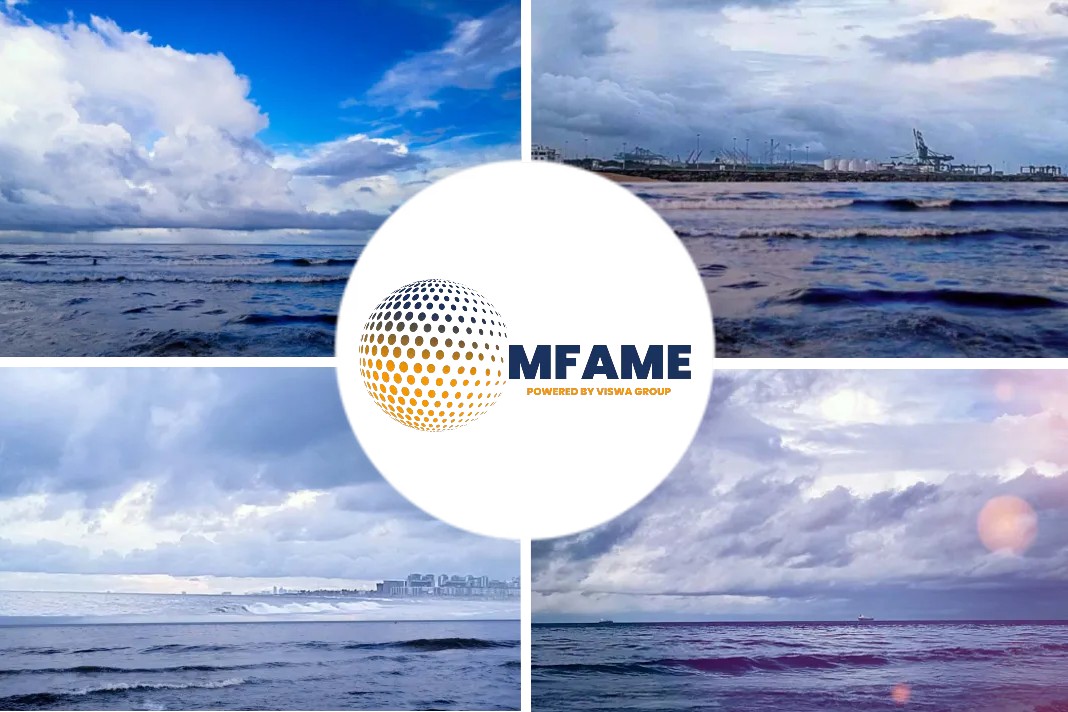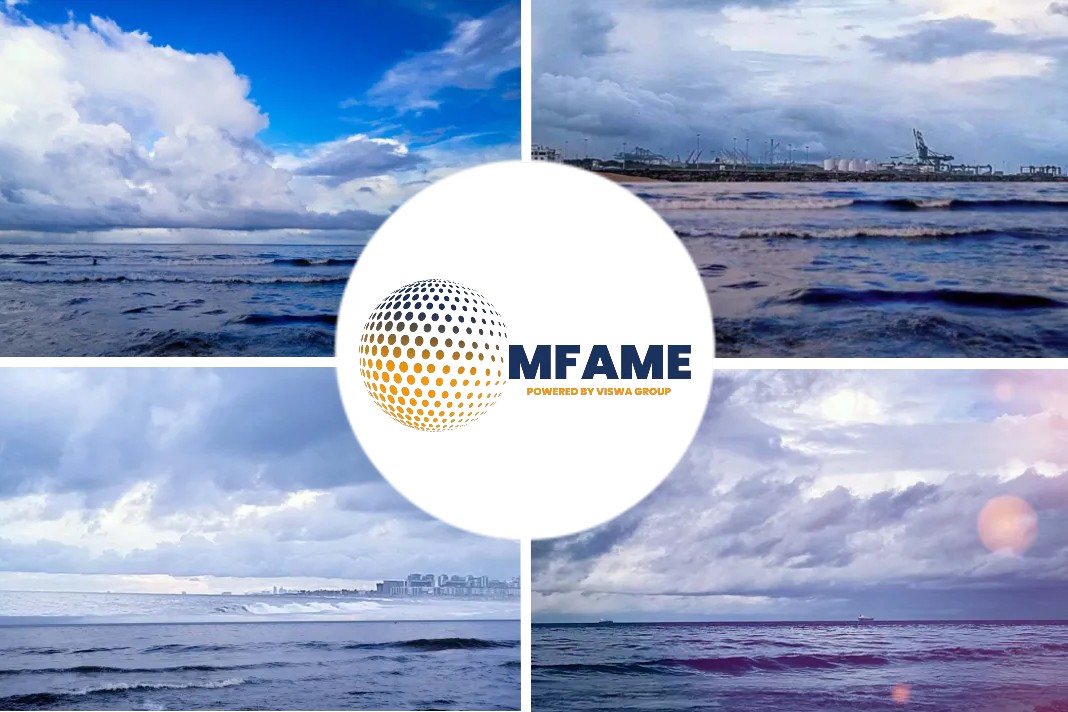Fears of contagion from the possible collapse of Chinese real estate giant Evergrande sent mining stocks in Australia and shipping shares plunging in Hong Kong on Monday, with the company expected to default on some of its massive $300bn debt repayments this week, reports Splash247.
Evergrande shares plummet
Shares in Evergrande plummeted 10% on Monday, sinking the company to its lowest market value ever in Hong Kong and pulling the Hang Seng index down to its lowest point for almost a year.
The contagion factor could be observed in Australia, where the benchmark ASX200 index closed down 2.1% on Monday as investors ditched mining stocks such as BHP and Rio Tinto. BHP fell some 4.4% in one day and almost 10% in five days, while Rio Tinto took an even bigger beating with shares falling 11% in five days.
The price of iron ore has dropped some 60% to below $100 a tonne from its high point in May due to a slowdown in the Chinese property and construction sectors.
Shenzhen-based Evergrande is sitting on a $300bn debt mountain, and if it collapses, difficulties in the iron ore sector are likely to accelerate, sending it even lower.
“The property sector as a whole accounts for about a third of China’s steel consumption, so a major contraction would, in my view, be detrimental to freight, especially on the bigger ships,” Nick Ristic, a well-respected dry bulk analyst at Braemar ACM, told Splash today.
Depressed stock market
Shipping shares in Hong Kong were not excluded from a depressed stock market on Monday. Hong Kong bulker owner and operator Pacific Basin fell 4.9%, Cosco Shipping International, the Hong Kong-based investment unit of China Cosco Shipping Corporation, is down 4.3%; while Orient Overseas International (OOIL), the parent of Hong Kong shipping major OOCL, and Jinhui Holdings, parent of Chinese bulk carrier operator Jinhui Shipping, are down 2.8% and 2% respectively.
“While the Evergrande story is a big risk, there is a chance that the factors keeping the market high right now, such as congestion, quarantines, and coal trade, may be enough to insulate things. After all, we’ve just simultaneously had the best capesize rates in a decade, and the worst steel output drop ever,” Ristic pointed out.
He also noted that, while China sets the tone for the whole dry market, the sectors which have done the best in relative terms – handies and supras – are the least exposed to China currently.
Evergrande’s more than $300bn in liabilities – a sum roughly equivalent to the public debt of Portugal – has been making the most headlines, but there are a host of other big Chinese property developers who have revealed massive debts this year.
Combined, these companies – each in default or significant stress – represent over half a trillion dollars of total liabilities, leading some economists to warn that contagion in the property sector could cause a Chinese banking crisis.
Did you subscribe to our daily newsletter?
It’s Free! Click here to Subscribe!
Source: Splash247















